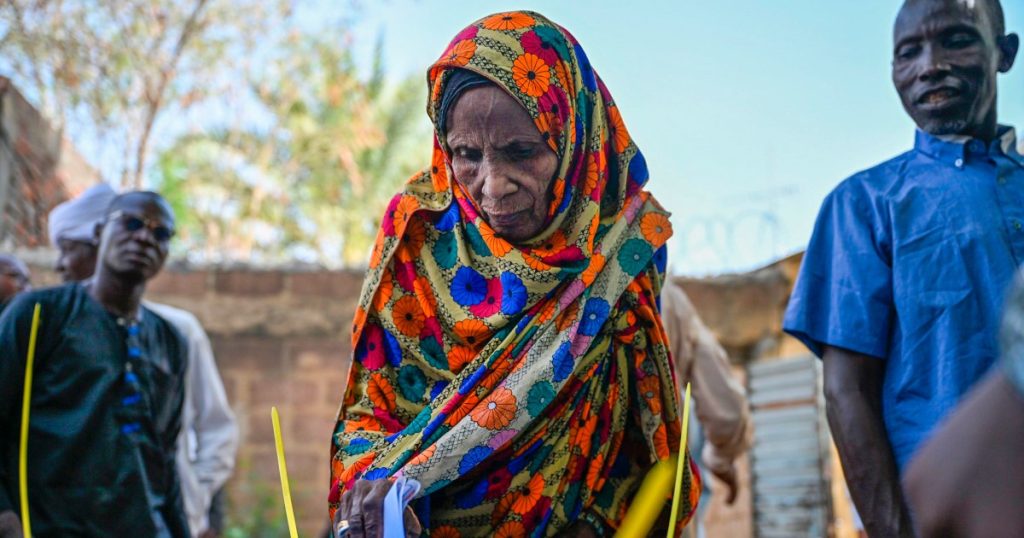Chadians recently participated in parliamentary, regional, and municipal elections for the first time in over a decade as part of the former military-led civilian government’s efforts to transition to a democratic system. The elections marked the end of a three-year “transitional period” following the death of longtime leader Idriss Deby Itno in 2021 and the subsequent takeover by his son, Mahamat Idriss Deby. However, many opposition parties boycotted the polls, labeling them as a sham aimed at legitimizing a political dynasty.
Chad, one of the poorest countries in Africa, has a history of coups and repressive regimes, with the Deby family ruling the country since 1991. The country faces numerous security challenges, including conflicts along its eastern border with Sudan, attacks by armed groups like Boko Haram, and a recent fallout with former colonial power France. Rights groups have expressed concerns about the fairness of the election due to the lack of full opposition participation, emphasizing the importance of inclusivity for a credible electoral process.
Over 8.3 million registered voters participated in electing legislators for the 188-seat parliament, with more than 100 political parties fielding around 1,100 candidates. Despite the opportunity for voters to choose regional and local governments, many opposition parties chose to boycott the elections, citing concerns about the lack of fairness and transparency in the electoral process.
The absence of parliamentary elections for over a decade was attributed to government claims of insufficient funding despite Chad being an oil-producing country. President Deby’s postponement of elections, even in the face of opposition demands, resulted in further delays exacerbated by the COVID-19 pandemic. Following his death and the ascension of his son to power, a Transitional Military Council was established, extending the transition period and prompting protests that turned violent, with casualties reported.
The ruling Patriotic Salvation Movement (MPS) led by Mahamat Idriss Deby and opposition parties like the National Union for Democracy and Renewal (UNDR) and National Rally of Chadian Democrats (RNDT) are key players in the elections. The boycott by opposition parties like the Transformers Party, Group of the Cooperation of Political Actors (GCAP), and others underscores their dissatisfaction with the current government and their perception of the electoral process as biased.
Chadian journalists recently protested against a ban imposed on online newspapers from broadcasting audiovisual content related to the elections, alleging restrictions on press freedom. Rights groups criticized the ban, calling for the regulation of media space without preventive restrictions. As the MPS is expected to secure a majority in parliament, concerns remain about the inclusivity and fairness of the electoral process, with opposition parties pledging to independently monitor the vote and report any violations to the African Court for potential annulment.













